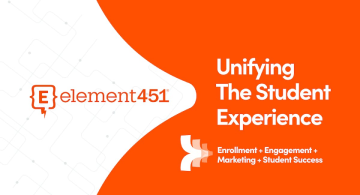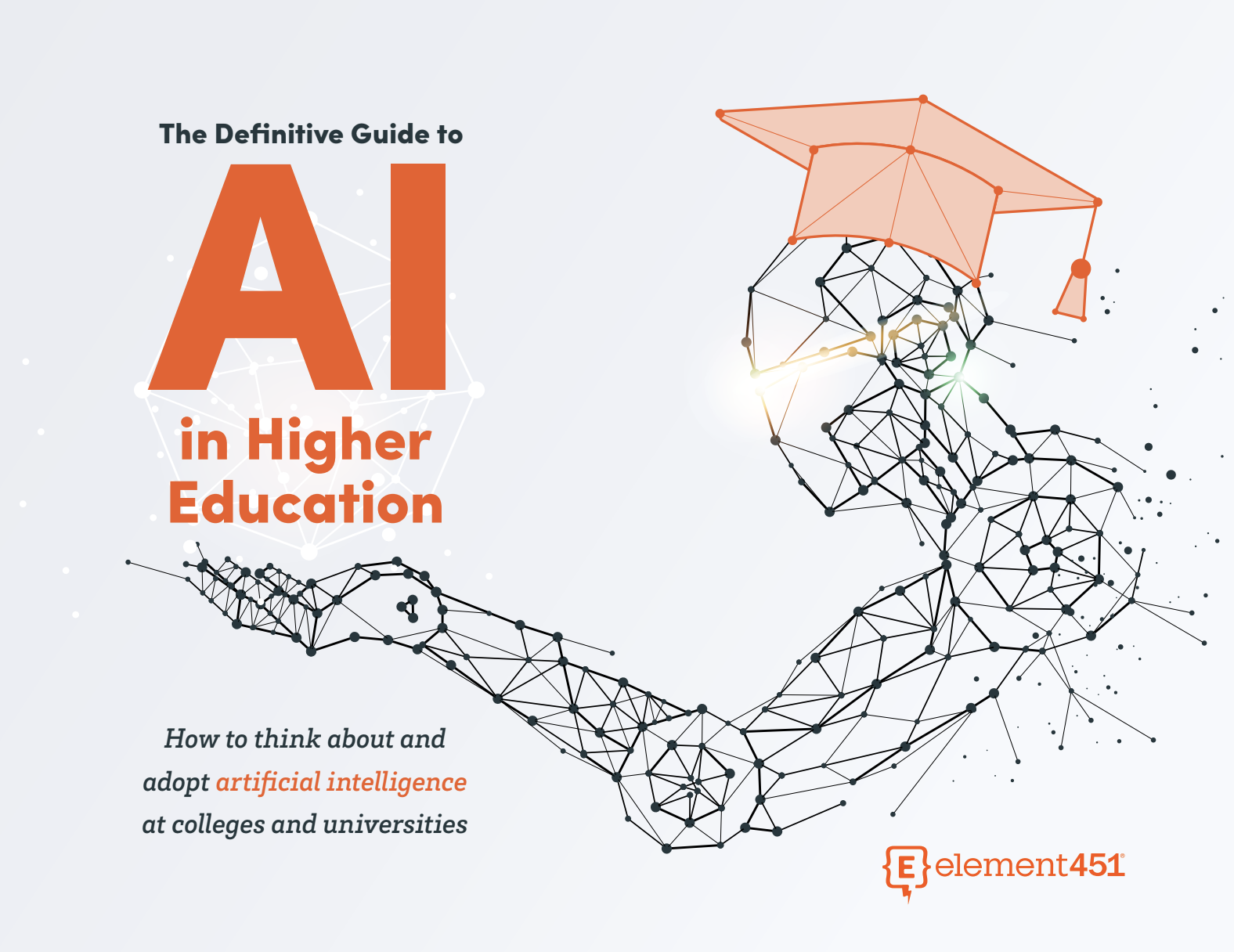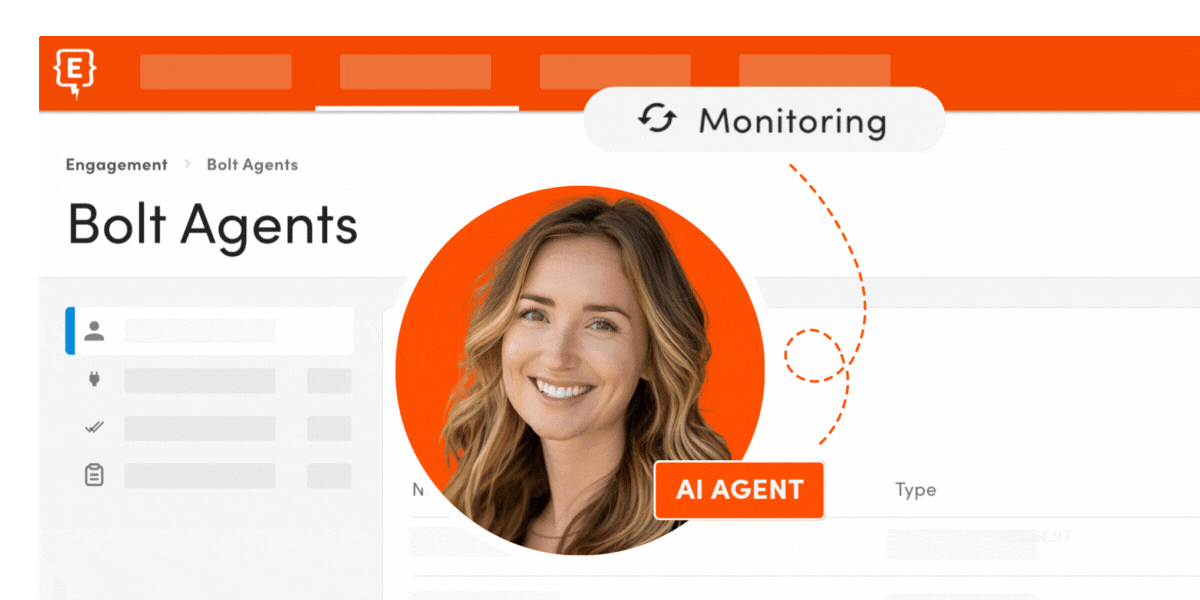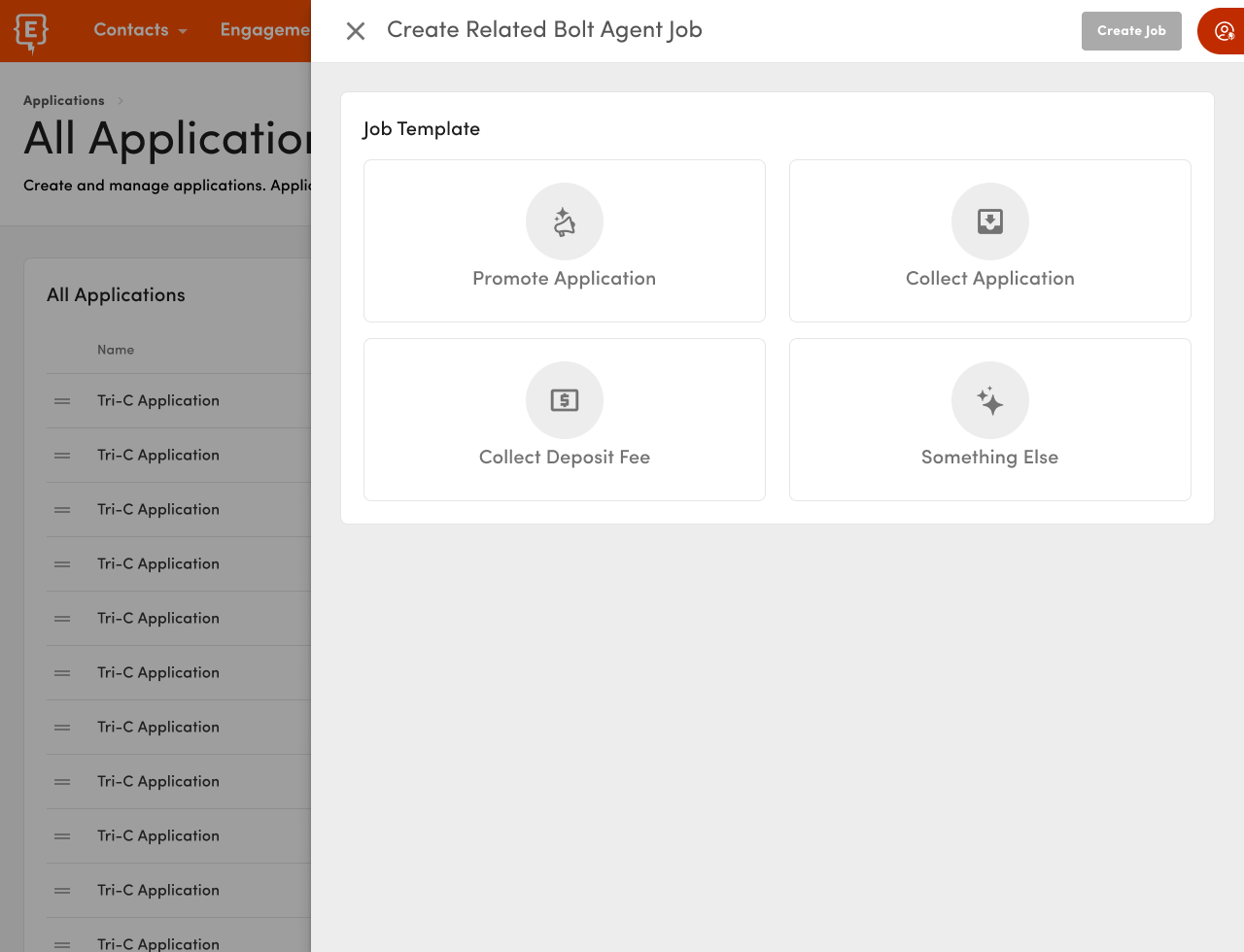Transforming Management With AI for School Administrators
by Brandon Hurter · Updated Nov 27, 2024

AI is revolutionizing school administration by automating repetitive tasks, improving decision-making, and optimizing resources. By integrating AI, school administrators can enhance efficiency, reduce errors, and focus on providing better support to students and staff.
AI is revolutionizing the education sector, bringing transformative changes to school administration. With its ability to process and analyze vast amounts of data, AI streamlines administrative workflows, enabling school leaders to operate more efficiently. From automating repetitive tasks to offering actionable insights, AI empowers administrators to make data-driven decisions that save time and resources.
As schools increasingly adopt advanced technologies, administrators must embrace AI to improve operations, enhance communication, and better support students and staff. Below, we’ll explore the key applications of AI in school administration, its benefits, challenges, and strategies for successful implementation.
How AI for School Administrators Works
AI serves as a powerful tool for school administrators, enhancing operations across several key areas. Below are the main ways AI transforms administrative workflows:
Decision-Making
AI leverages data from attendance records, student performance, and staff evaluations to guide administrators in making informed decisions. Tools like predictive analytics platforms can forecast enrollment trends or identify areas needing improvement in curriculum delivery. For instance, AI-driven dashboards help allocate resources where they are most needed, ensuring a balanced and effective approach to school management.
Streamline Administrative Processes
Administrative tasks such as attendance tracking, scheduling, and report generation often take up significant time. AI automates these processes, reducing staff workload and minimizing errors. This automation enables administrators to focus on strategic priorities and decision-making. AI-powered platforms, like Element451's StudentHub, not only handle attendance management efficiently but also flag at-risk students by analyzing trends in attendance, performance, or engagement. This proactive insight helps administrators address potential issues early, ensuring better support for students and smoother operations overall.
Enhance Writing and Communication
Clear and professional communication is critical for school administrators. AI-powered language tools assist in drafting emails, newsletters, and policy documents. For example, tools like Grammarly and ChatGPT ensure consistency in tone, grammar, and clarity. AI can also summarize lengthy documents, saving time and reducing frustration.
While AI can create drafts, administrators can refine these messages, maintaining a personal touch while benefiting from the time-saving capabilities of AI.
Optimize Resources
AI analyzes data to optimize staffing levels, allocate classroom space efficiently, and manage budgets. Predictive tools help administrators forecast financial needs and ensure the judicious use of school resources. By identifying underutilized facilities or staff imbalances, AI enables cost-effective management.
Curriculum Design
AI plays a pivotal role in designing adaptive curricula tailored to diverse learning needs. By analyzing student performance data, AI tools suggest improvements to meet varied educational requirements. Administrators can leverage these insights to develop inclusive, personalized, and effective learning experiences.
Analyzing Documents
Manual document review can be time-intensive and prone to errors. AI simplifies this process by analyzing contracts, regulations, and policies quickly. Tools made for document management can highlight key points, summarize content, and detect compliance issues, streamlining decision-making processes.
Summarize and Plan Meetings
AI transcription tools, such as Otter.ai, make meeting management seamless. These tools provide summaries, action items, and highlight critical decisions, ensuring no details are missed. AI can also assist in scheduling meetings and structuring agendas, prioritizing topics based on urgency and relevance.
How to Implement AI for School Administrators?
Integrating AI into school administrative workflows requires a thoughtful, step-by-step approach. Here’s how schools can successfully implement AI:
- Assess Needs and Goals: Identify specific areas where AI can bring the most value, such as automating repetitive tasks, improving decision-making, or optimizing resources. Conduct an internal review to pinpoint inefficiencies and set clear objectives for AI adoption.
- Select the Right AI Tool: Research and choose AI solutions tailored to your school’s needs. Ensure the tools are compatible with existing systems and can address identified priorities, such as scheduling software or predictive analytics platforms.
- Train the Staff: Understanding AI is critical during implementation. Provide training programs to help staff understand how to use AI tools effectively. Focus on building confidence in AI capabilities while encouraging collaboration between staff and AI systems.
- Integrate AI: Begin with pilot programs to test AI tools in small-scale scenarios. Gradually scale up integration into broader workflows, ensuring minimal disruption to daily operations.
- Monitor and Evaluate Impact: Continuously assess the performance of AI tools against the set goals. Use metrics like time saved, error reduction, and staff satisfaction to gauge effectiveness and make necessary adjustments.
- Foster a Collaborative AI Culture: Encourage staff to view AI as a partner, not a replacement. Create an open environment for feedback and innovation, ensuring everyone feels empowered to leverage AI for better results.
Pros and Cons of AI in Administration
AI is transforming school administration, reshaping how tasks are managed and decisions are made. Its integration into education systems has brought increased efficiency, improved decision-making, and personalized support for students and staff. However, these advancements come with challenges that require careful consideration.
While AI has a profound influence on school administration, it’s important to understand both its positive and negative impacts to ensure its responsible and effective implementation.
Pros
AI offers several advantages for school administrators, enabling them to optimize workflows and focus on higher-level strategic initiatives. Here are the key benefits:
- Increased Efficiency: AI automates repetitive tasks like scheduling, attendance tracking, and report generation, allowing staff to save time and reduce errors. Tools like Element451's StudentHub streamlines student support, freeing up administrative staff for more impactful responsibilities.
- Cost Savings: By optimizing resource allocation and minimizing manual work, AI reduces operational costs. Schools can manage budgets more effectively and avoid unnecessary expenditures. Predictive analytics helps administrators forecast financial needs and avoid overspending.
- Better Decision-Making: AI provides actionable insights by analyzing large datasets, such as student performance or resource usage, enabling informed decisions. Dashboards powered by AI highlight trends, such as which programs or facilities are underutilized.
- Personalized Support: AI improves communication and tailors solutions for students and staff by analyzing their needs and preferences. AI-powered chatbots can provide immediate assistance to students, addressing questions about schedules, grades, or resources.
Cons
Despite its benefits, AI also poses challenges that must be addressed to ensure its successful integration into school administration:
- Privacy Concerns: Managing large amounts of sensitive data, such as student records, raises concerns about security and data breaches. Implementing robust encryption, access controls, and regular audits can safeguard data integrity.
- Cost of Implementation: The initial investment for AI tools, infrastructure, and staff training can be significant, especially for schools with limited budgets. Starting with scalable pilot programs and seeking funding through grants or partnerships can help offset these costs.
- Potential Job Displacement: Automating repetitive tasks could reduce the need for certain roles, raising concerns about job security. Schools can mitigate this by using AI to complement staff efforts, redistributing their time to high-value activities rather than replacing roles entirely.
- Need for Continuous Monitoring: AI systems require regular updates and oversight to ensure they remain effective and unbiased. Dedicating a team to monitor AI performance and provide ongoing training ensures tools stay relevant and functional.
The Future of Administration with AI
The future of AI in school administration is promising. Emerging technologies like machine learning and natural language processing will further refine administrative tasks, from enrollment management to student engagement. AI’s potential to enhance teacher-student interactions, foster community relations, and provide predictive analytics for long-term planning will continue to shape the education sector.
Revolutionizing Education With Element451
Element451 is an AI-powered platform designed to streamline recruitment, enrollment, and student engagement. Its features include personalized communication, automated workflows, and predictive analytics. Schools leveraging Element451 have reported improved operational efficiency and enhanced student support, allowing administrators to focus on their core mission—education. Element451’s automated workflows have helped schools reduce manual tasks, enabling staff to dedicate more time to personalized student outreach.
Conclusion
AI is revolutionizing school administration by enhancing efficiency, improving decision-making, and supporting adaptive learning. Far from replacing human administrators, AI in higher education serves as a powerful tool that enhances their capabilities. Schools embracing AI as part of their long-term strategy will be better equipped to meet the evolving needs of students and staff.
Frequently Asked Questions
What are the unethical uses of AI in education?
Unethical uses include biased decision-making, unauthorized data collection, and surveillance without transparency.
How is AI taking over schools?
AI is streamlining administrative processes, enhancing decision-making, and personalizing student experiences, but always under human oversight.

About Element451
Boost enrollment, improve engagement, and support students with an AI-driven CRM and agent platform built for higher ed. Element451 makes personalization scalable and success repeatable.
Categories
New Blog Posts

The Definitive Guide
AI in Higher Education
Bridge the gap between the latest tech advancements and your institution's success.
Useful Links
Related Articles

Talk With Us
Element451 is an AI-driven CRM and AI agent platform for higher education. Our friendly experts are here to help you explore how Element451 can improve outcomes for your school and students.
Get a Demo








